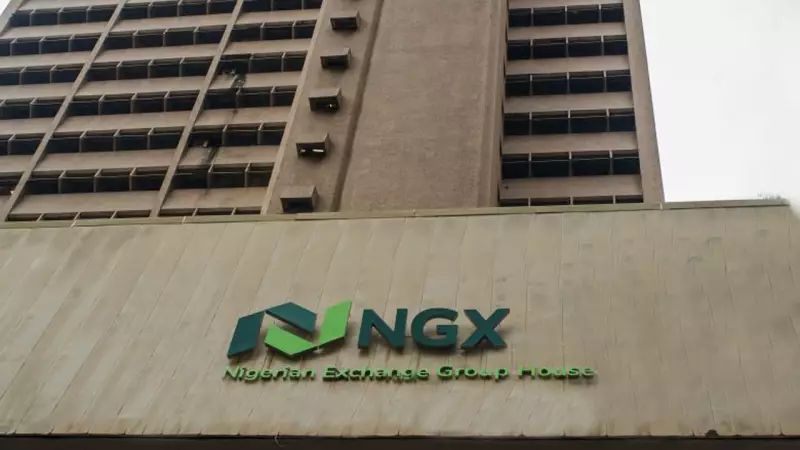
Nigeria's Fast-Moving Consumer Goods (FMCG) sector has staged an impressive comeback, delivering staggering returns to investors who maintained faith during challenging market periods. Recent trading data reveals that several prominent FMCG companies have generated gains exceeding 200 percent, marking one of the most remarkable recoveries in the Nigerian equity market.
Market Titans Lead the Charge
The resurgence has been particularly notable among industry giants, with companies like Nigerian Breweries, Nestlé Nigeria, and Cadbury Nigeria posting exceptional performance metrics. Market analysts attribute this bullish trend to several converging factors that have created the perfect environment for growth.
What's Driving the FMCG Boom?
Several key elements have contributed to this market phenomenon:
- Improved foreign exchange liquidity easing import constraints
- Strategic price adjustments protecting profit margins
- Enhanced distribution networks reaching broader consumer bases
- Growing domestic consumption patterns despite economic pressures
Analyst Insights: Sustainable Growth or Temporary Spike?
Financial experts are closely monitoring whether this represents a sustainable recovery or a temporary market correction. "The FMCG sector's performance demonstrates remarkable resilience," noted Lagos-based investment analyst Adebayo Johnson. "Companies that implemented strategic operational efficiencies during lean periods are now reaping the benefits of their foresight."
Investor Sentiment Reaches New Highs
The spectacular returns have reignited investor confidence in the Nigerian stock market, with both retail and institutional investors increasing their exposure to consumer goods stocks. Trading volumes have surged as market participants seek to capitalize on the ongoing momentum.
Sector-Wide Impact and Future Projections
Beyond the immediate financial gains, the FMCG recovery signals broader economic implications. The sector's performance often serves as a barometer for consumer spending power and economic health. Current trends suggest cautious optimism about Nigeria's consumption economy, though analysts advise maintaining realistic expectations given persistent inflationary pressures.
As the market continues to evolve, investors are watching closely to see if this represents a new growth phase for Nigerian FMCG stocks or a peak in the current cycle. What remains clear is that for those who invested strategically, the rewards have been nothing short of extraordinary.





